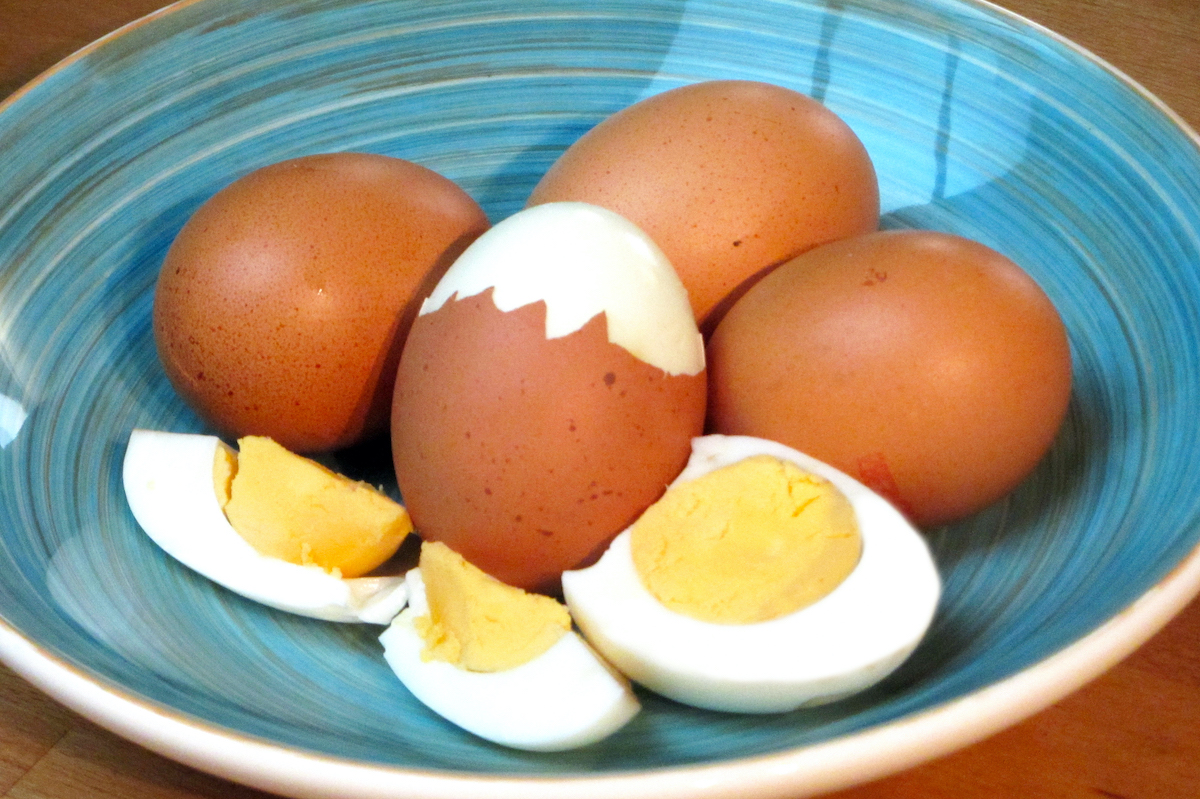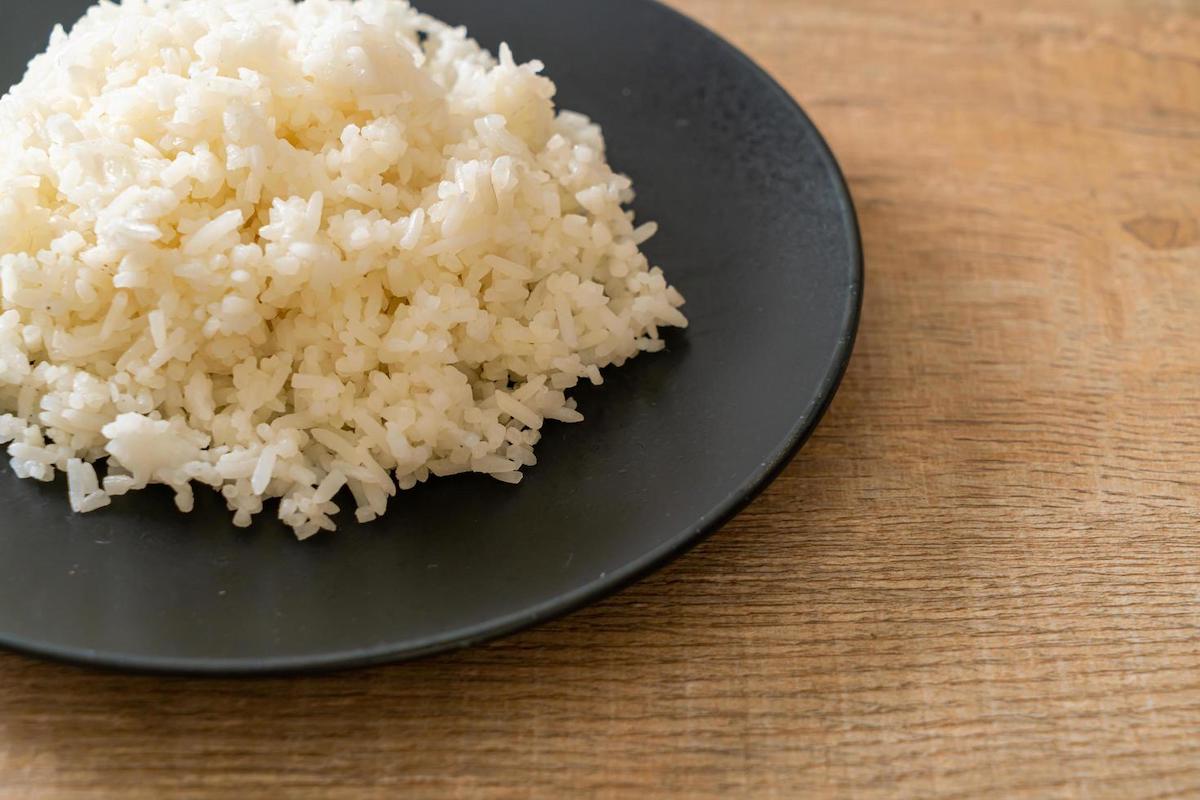Potatoes
Reheating potatoes can pose a health risk if not done properly. Potatoes contain a natural toxin called solanine, which can cause nausea, vomiting, and diarrhea if consumed in excess or in large amounts. Reheating potatoes can increase the level of this toxin, thus increasing the risk of these symptoms. However, if potatoes are immediately refrigerated after cooking, the growth of bacteria can be prevented. Therefore, it is important to cool potatoes as quickly as possible after cooking and store them in the fridge to minimize the risk of food poisoning.

Rice
Reheating rice can lead to the formation of the Bacillus cereus bacterium, which produces toxins that can cause food poisoning. You can prevent contamination by quickly cooling the food to four degrees, storing it in the fridge for no more than two days, and heating it thoroughly before consumption. Therefore, only reheat rice if you have stored it in the fridge after the initial cooking.
Chicken
Reheating chicken can cause changes in the protein composition, leading to digestive problems. Therefore, both the inside and outside of the chicken should have a minimum temperature of 75 degrees Celsius when reheating. You can only measure this with a kitchen thermometer.
Eggs
You cannot store and reheat eggs as they release toxins that can be harmful to your health. Therefore, throwing them away is the most sensible option.
Leafy Greens
Leafy greens such as lettuce, spinach, and endive contain nitrate, which can be converted into nitrite during reheating and can be harmful to health. Other vegetables that contain high levels of nitrate include: beets, celery, Chinese cabbage, kohlrabi, bok choy, purslane, turnip greens, watercress, napa cabbage, and fennel.
Water
Generally, it is safe to reheat water. However, the problem arises when you re-boil water that has already boiled. This is because the boiling process can alter the chemical compounds in the water, making the concentration of toxic substances higher. This can be dangerous to health.

